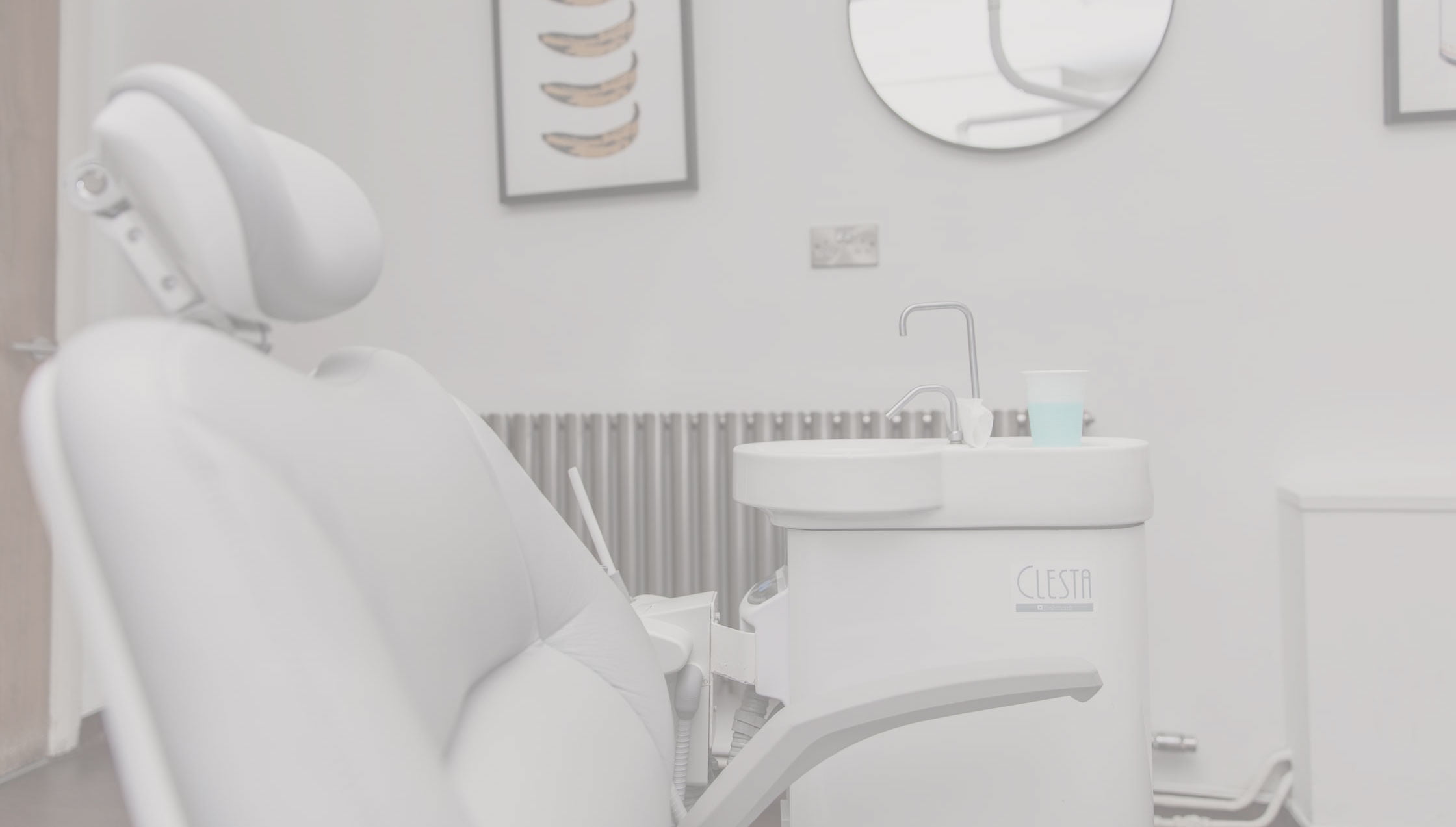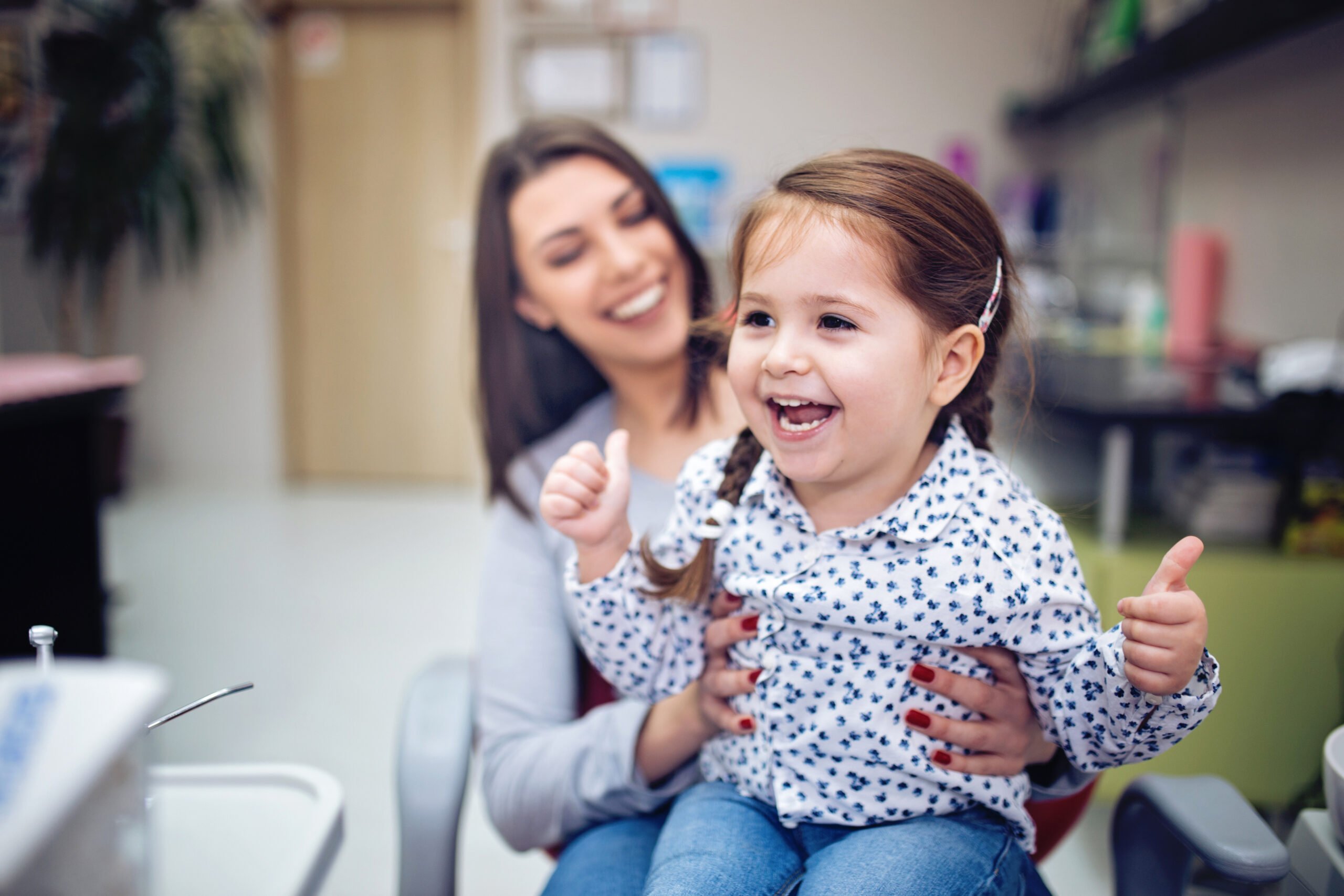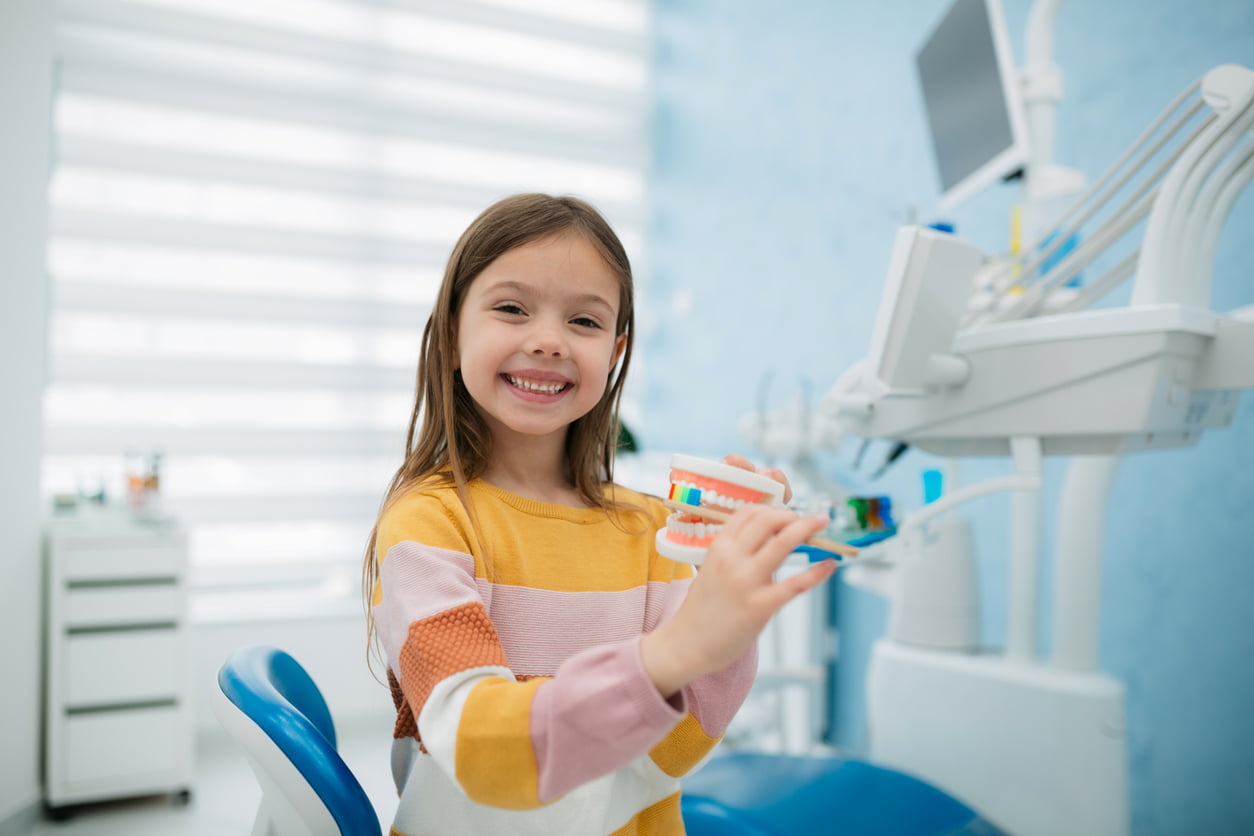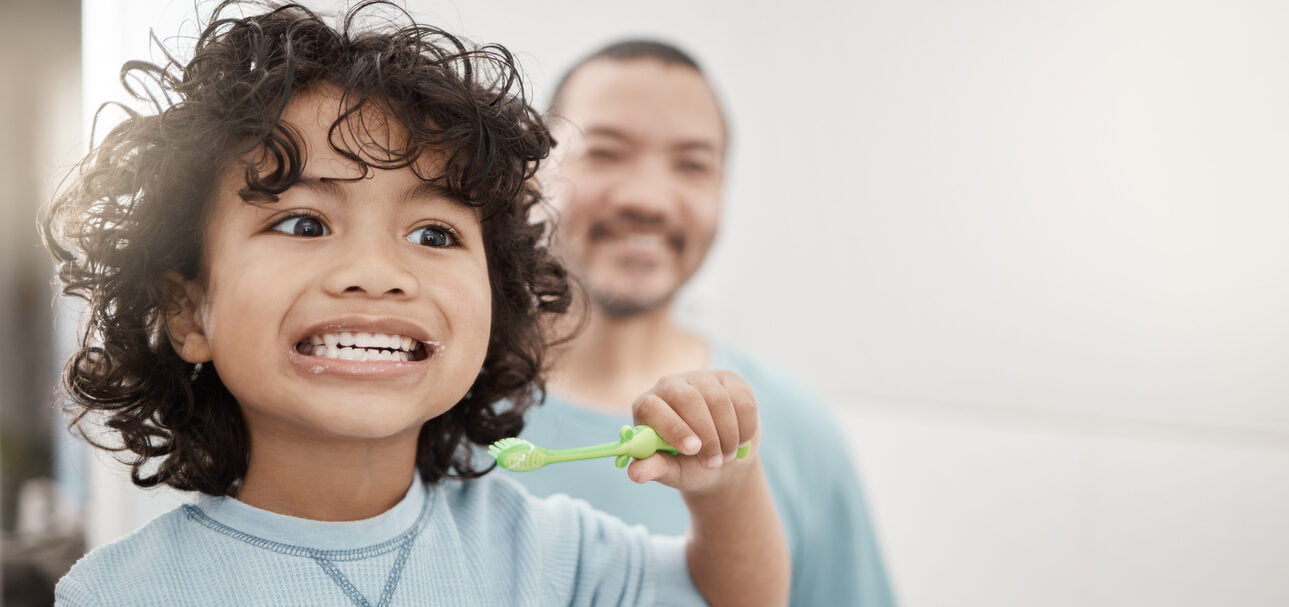Choosing a dentist for your child is really important. It is a great privilege to look after a child’s teeth and something we take extremely seriously. At Burgess Hill Dental, we will give both you and your child the tools to help them grow up without cavities and without a fear of coming to the dentist.
Our main principle of treatment in children is prevention. We aim to stop problems before they start. This involves:
We will do everything we can to make sure the experience is as fun as possible. We pride ourselves on helping children overcome any anxiety they may have about dental care and will do whatever we can to achieve this.
You can also rest assured that we don’t use metal amalgam (‘mercury’) fillings if they are ever needed.
Find out moreWe offer NHS treatment for all children of existing adult patients. Treatment for children on the NHS is free of charge (up to the age of 19 if still in full time education). It is also important that you help your child take care of their teeth at home, to ensure their oral health stays in good condition.
Babies and infants
Start dental care early by gently wiping new teeth (and gums) with a clean flannel. As more teeth come through, you can start using a soft toothbrush and a smear of toothpaste.
Aged three to six
When your child turns three, you can progress to a pea-sized amount of paste (and can progress to an adult toothpaste). Brush your child’s teeth for around two minutes, twice a day, and especially before bedtime. Encourage them to brush for long enough by introducing a child-friendly timer. After brushing, your child should spit out any toothpaste but should not rinse out.
Aged seven onwards
Supervise tooth brushing until children are old enough to brush properly by themselves at around seven or eight years. However, even when they can clean their teeth alone, it’s probably a good idea to occasionally check they are still using an effective technique. They should be using an adult toothpaste at this stage.
For further protection, fissure sealant can be applied to your child’s permanent teeth as they emerge (usually starting around age six to seven). This is a clear plastic coating which covers the narrow grooves on the chewing surfaces of the back teeth to stop bacteria from entering and help prevent tooth decay.
These are applied whenever there is a concern that the tooth may get a cavity. In addition, fluoride varnishes are usually painted onto young teeth at each dental health check to help strengthen enamel and make them more resistant to decay.
Teething, the process of baby (primary) teeth coming through the gums into the mouth, varies among different babies. Some get their teeth early and some get them later. Generally speaking, the first baby teeth appear between the ages of 6-8 months. These are usually the lower front (anterior) teeth.
Once your child has a few teeth, you can start using toothpaste on the brush. Use only a tiny amount of fluoride toothpaste (the size of a small pea) for each cleaning. Always have your child spit out toothpaste after brushing but they should not rinse. Children naturally want to swallow toothpaste after brushing, and swallowing too much fluoride toothpaste can cause teeth to stain. You should brush your child’s teeth until they are ready to take on that responsibility, which usually happens by age six or seven.
Yes, it is important that your children see a dentist regularly, so we can begin to look after their oral health. We encourage you to begin bringing your children to your dental health check appointments from birth, to get them used to the practice surroundings and sitting in the dental chair when appropriate.
We generally recommend scheduling checkups every six months. Depending on the circumstances of your child’s oral health, we may recommend more frequent visits.
It’s possible to bring your child in with you when you have your dental appointment. That way, they are used to the dental practice before they visit. Alternatively, you could show your child the pictures of the dental practice and staff on the website. Let your child know that it’s important to keep teeth and gums healthy, and that the dentist will help with that. Remember that your dentist is trained to handle fears and anxiety, and staff are used to putting children at ease during treatment.
We recommend mouthguards for children active in sports. If your little one plays rugby, football, or other sports, you can get a mouthguard to protect their teeth, lips, cheeks, and gums.
We’re here to help if you need us. Get in touch today - we’re looking forward to hearing from you!
Book your next appointment today



